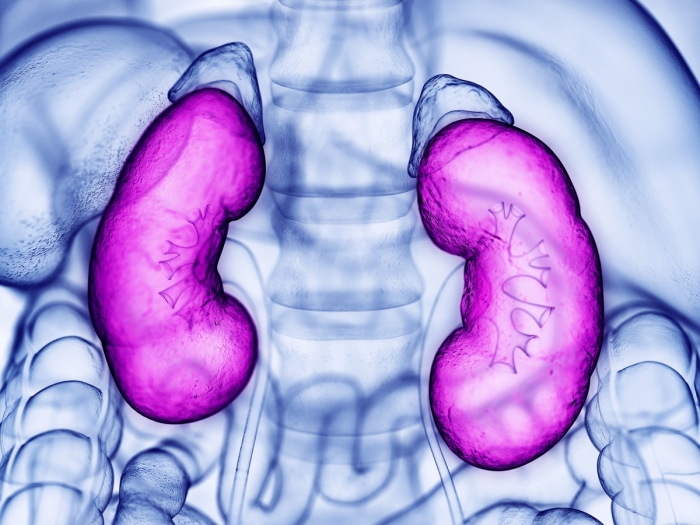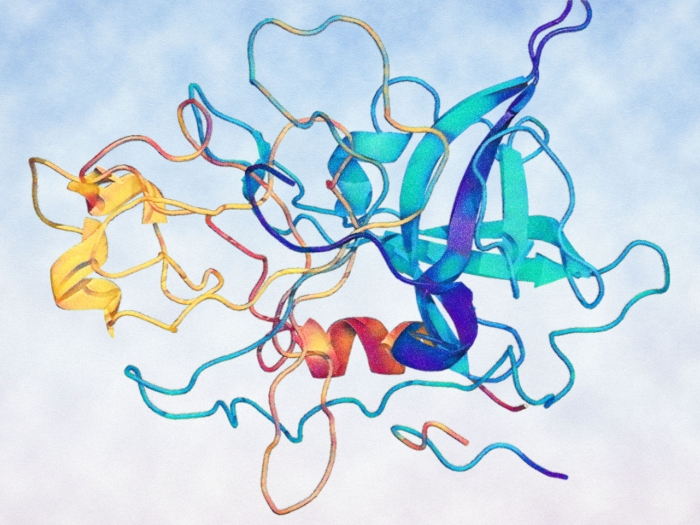Advanced computer algorithms aided in analysis
4:00 PM
Authors |

Kidney diseases affect millions of people worldwide, but the current method of categorizing kidney diseases clinically does not consider the specific molecular processes within the kidneys driving the disease, making it difficult to personalize treatments for individuals.
In a new study, researchers from Michigan Medicine analyzed molecular information from kidney biopsy tissue samples taken from a large and diverse group of kidney disease patients, looking to uncover whether distinct molecular subgroups of kidney diseases exist which might potentially inform personalized treatment approaches.
"By tailoring treatments to the specific molecular pathways active in an individual, precision medicine can reduce the burden of ineffective treatments and improve outcomes and quality of life for those affected by this complex condition,” said the study’s senior author Matthias Kretzler, M.D., professor of internal medicine, nephrology and computational medicine and bioinformatics.
Molecular categories showed different rates of disease progression, with one category standing out due to especially rapid progression of the disease. The team also identified unique biological processes and pathways underlying each molecular category of the disease.
They also discovered a set of proteins in urine samples that could serve as proxies - easily accessible markers for the molecular category associated with the most rapid disease progression.
This molecular categorization could generate personalized treatment approaches for people with kidney diseases. Understanding the specific biological pathways activated in each molecular category could allow researchers to develop more precisely targeted therapies.
The identification of specific proteins in the urine as indicators of these molecular categories can potentially offer a non-invasive route to assess an individual’s underlying disease biology.
These new insights open possibilities for precision medicine development for kidney disease. By tailoring treatments to the specific molecular pathways active in an individual, personalized therapies can reduce the burden of treatments that rely only on symptom control as well as improve clinical outcomes and quality of life for those affected by this complex condition.
Citation: "Unbiased kidney-centric molecular categorization of chronic kidney disease as a step towards precision medicine." Kidney International. DOI: # https://doi.org/10.1016/j.kint.2024.01.012
Sign up for Health Lab newsletters today. Get medical tips from top experts and learn about new scientific discoveries every week by subscribing to Health Lab’s two newsletters, Health & Wellness and Research & Innovation.
Sign up for the Health Lab Podcast: Add us on Spotify, Apple Podcasts or wherever you get you listen to your favorite shows.

Explore a variety of health care news & stories by visiting the Health Lab home page for more articles.

Department of Communication at Michigan Medicine

Want top health & research news weekly? Sign up for Health Lab’s newsletters today!





